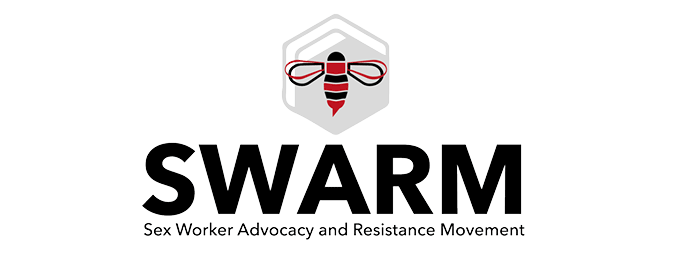While SWARM joins calls for a greater understanding of the UK sex industry, in all its forms, we are concerned that the inquiry launched today by the All-Party Parliamentary Group (APPG) on Prostitution fails from its outset to take a wide-angled, nuanced approach to a complex issue.
The group will be looking into so-called “pop-up brothels” – short-term lets including Airbnbs in which sex is sold. The focus will be on the role of organised crime gangs in running these premises and the inquiry assumes from its outset than many of those working in such places will have been trafficked.
SWARM is keenly aware that exploitation and poor working conditions are rife within the industry, so we are unsure why MPs are focusing purely on short-term lets. The term “pop-up brothel” is a media-friendly soundbite which, in reality, covers a wide range of circumstances. Sex workers frequently travel for work, renting temporary accommodation as they go. Some work for managers, others for themselves. In both instances, exploitation and danger are possible. “Pop-up brothels”, however, account for just a fraction of the ways in which people sell sex.
The inquiry is being carried out to further calls for the Nordic Model (in which clients would be criminalised), with a focus on “ending demand”. Despite this, SWARM hopes the APPG will realise the strong link between criminalisation and the appearance of fly-by-night brothels. The English Collective of Prostitutes has highlighted the growing use of closure orders against established working flats and sex workers themselves will testify that we live in constant fear of having our workplaces raided by the police.
Meanwhile, media reports on which the inquiry is based – such as this one, from Newquay, in which a police officer claimed “sex workers from central and eastern Europe may have been trafficked into the UK” – don’t stand up to scrutiny. In this case, it emerged that, in Devon and Cornwall, labour trafficking is far more common than sex trafficking and, in fact, no Eastern European women were found to have been trafficked into prostitution at the time the officer gave the quote.
The relentless targeting of sex workers by police contravenes guidelines laid out by the National Police Chiefs Council, which state that “enforcement does not produce sustainable outcomes and can actually increase the vulnerability of sex workers to violent attack”.
SWARM hopes MPs will have the clarity to see the links between blanket enforcement and exploitative working conditions. Likewise, we call for the APPG to recognise that trafficking is a direct result of punitive immigration policies, that austerity drives entry into prostitution and that safety is impossible while our work places are designated crime scenes.
SWARM is disappointed that the APPG does not include any current sex workers – while non-sex working author Kat Banyard has been deemed an appropriate advisor – but we look forward to cooperating with the inquiry and will welcome conversation with the MPs involved.
You can submit evidence at http://appgprostitution.uk/inquiry - the deadline is December 18 2017. We will be posting some advice on how to do this soon.
